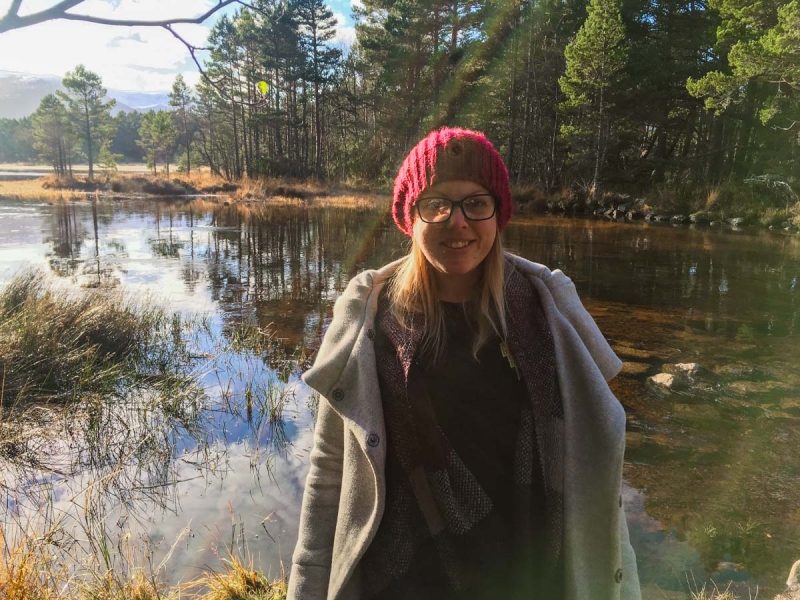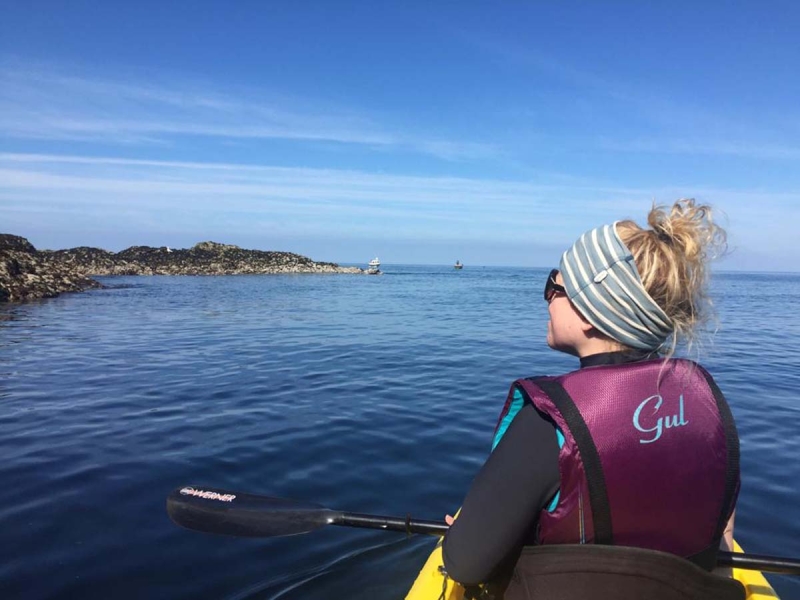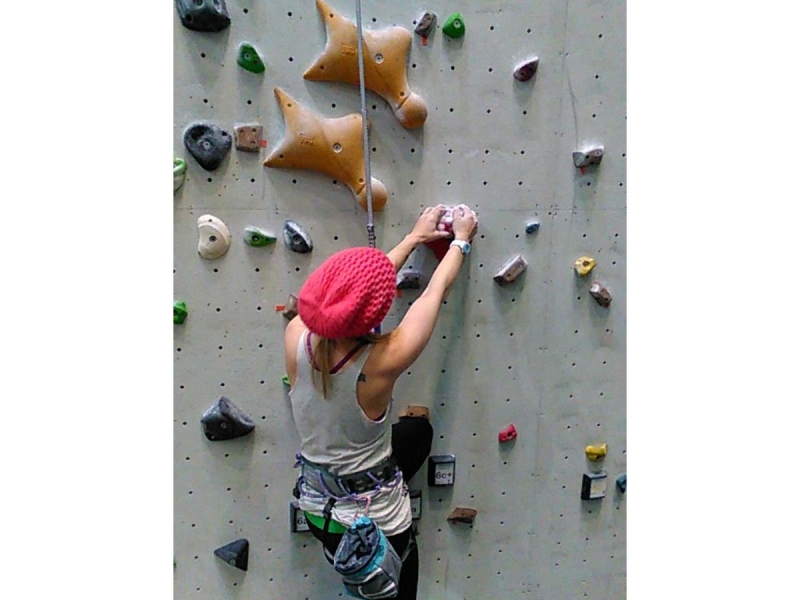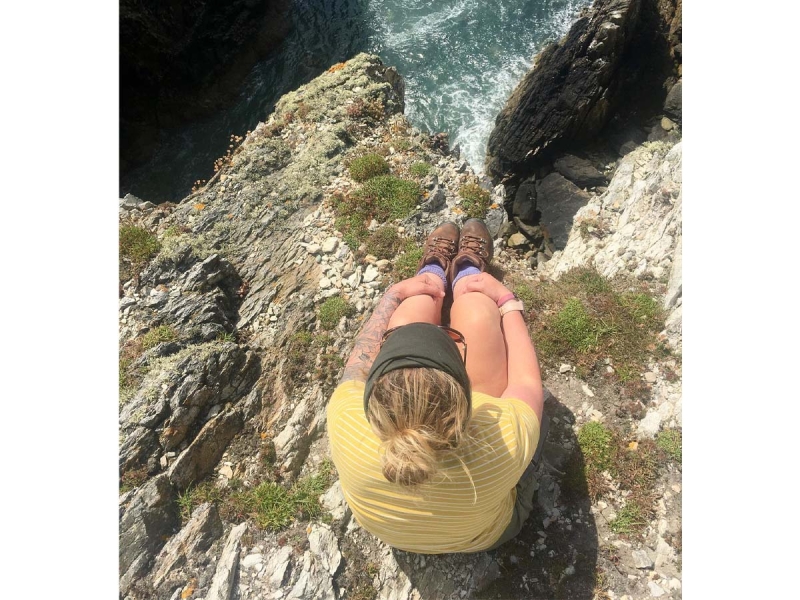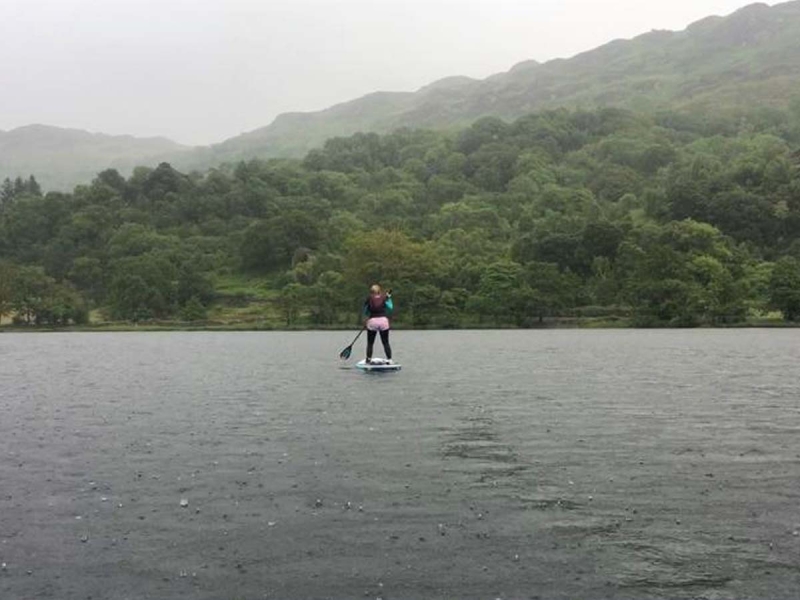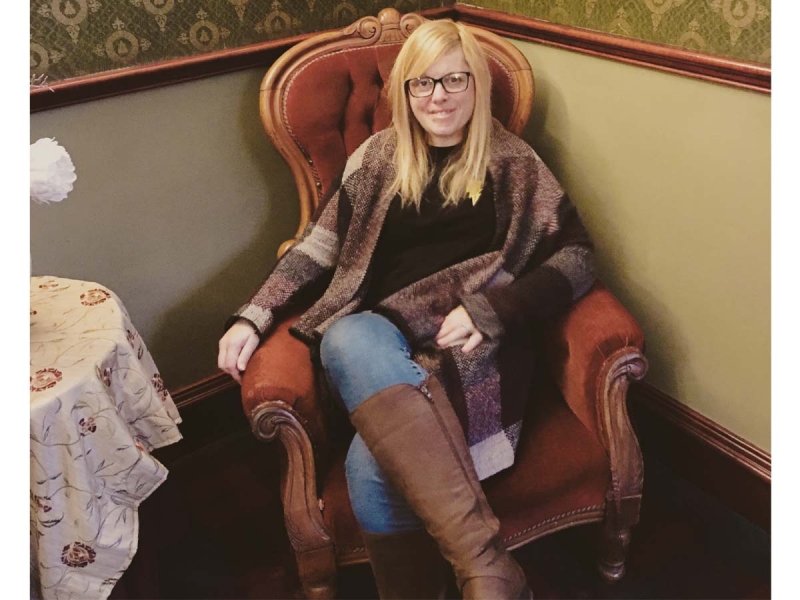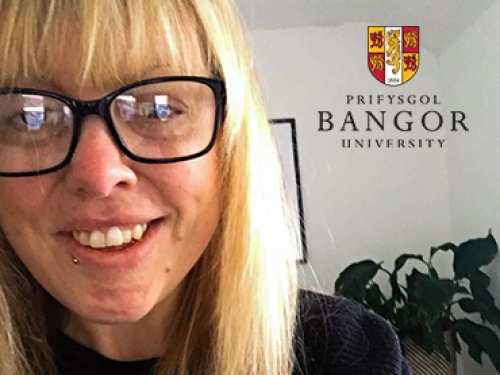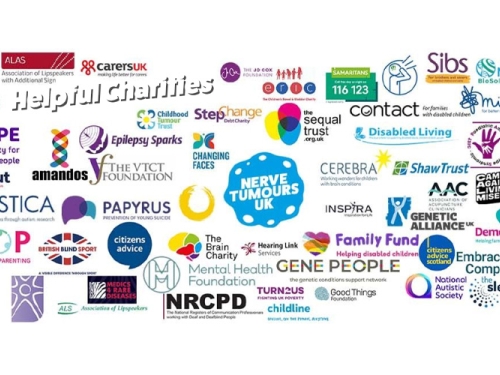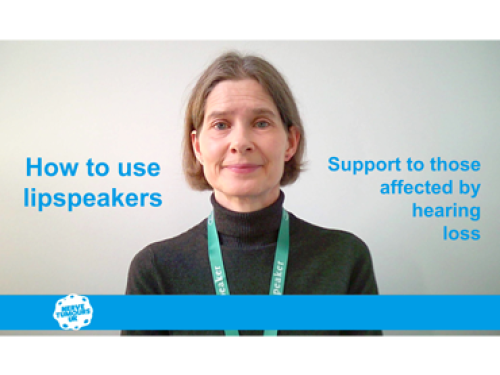Suzi’s NF2 story
15 September 2021
My name is Suzi and I love travelling, photography, paddle boarding, and research.
I was diagnosed with NF2 in 2004 and like many NF2ers, my journey has been up and down. With the many surgeries most of us undergo, it can bring several big life changes.
For me, losing my hearing was the biggest. I threw myself into learning sign language, so I didn’t only have to rely on lipreading and through this process I was immersed into the beautiful culture of deafness. I’d be lying if I said this didn’t have a big impact on my identity, in a positive way.
– Suzi"Sure, I still miss sound sometimes but I’ve learned that there is more to communication than hearing."
Plus, having sign language as a tool has enabled me to have better access to communication support but thankfully, there is greater awareness of Lipspeaking and Lipspeaking with Sign now so this always feels like a better fit for me. After I became deaf, I decided to go to university where I gained my undergrad majoring in Psychology.
I was fascinated by how we, as humans, adapt to the ever-changing landscape we live in, particularly during times of adversity and trauma.
During this time, I was running a company that engaged young adults with additional needs and mental health issues in adventure sports and started to observe how these young people were developing and adapting their identities. I wanted to learn more, specifically, about youth mental health which led me to do my postgrad in Child & Adolescent Mental Health.
During all of this, I was navigating my own health identity living with NF2 so when I discovered Can You Hear Us? (CYHU), I was curious, but nervous, to meet other people with NF2. I can honestly say it was one of the best decisions I made. Their first book ‘NF2: Our Journeys’ was the first time I had insight into how NF2 affected other people and I honestly had so many “me too, me too” moments.
At my first social meet, I kind of expected that all we’d do is talk about NF2 but it wasn’t like that at all – I found people with incredibly rich lives and amazing stories who, incidentally, also had NF2. What I loved most was being in a space where we weren’t seen as ‘inspirational’ or ‘sick’ but just normal people with something health related in common.
I now volunteer for CYHU and benefit hugely from their online NF2 Patient Network which enables me to ask other NF2ers questions about anything NF2 related, their experiences, adaptations, and resources etc…
My interest in identity only continued to grow and I wanted to pursue my research interests in this area. Identity is a major element contributing to how we cope with big life changes and in turn, how we cope with living with a long-term condition.
Last year I started a postgraduate research programme called an MRes at Bangor University. It’s not a taught programme, instead you spend a year working independently on a big research study before moving forward to a PHD so I was itching to use this opportunity to explore how NF2ers experience identity.
I’m using a method called phenomenology which focuses entirely on the lived experience narrative. It doesn’t start by making assumptions about how identity is experienced by people with NF2, the participants themselves are developing this empirical knowledge.
The aim is to provide insight to policy makers, support organisations, and clinical professionals to enable them to understand how patients can be better supported during these major milestones that affect identity.
I can’t thank the participants enough for having the courage to open up so in depth about their experiences – it’s not easy to do. Nerve Tumours UK supported my research and I look forward to sharing the results in 2022.

